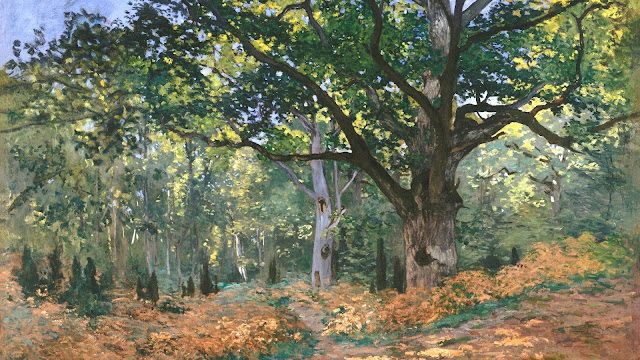How to Be Your Own Best Poetry Editor
Sometimes
you get to a certain point and you just don’t know what to do with a
poem. You might have many drafts
and you don’t know what’s working anymore. You’ve lost perspective. And on top
of that, maybe you’re surrounded by a whole bunch of other discarded poems that
aren’t working either and you’re getting different critiques and you don’t know
who to believe and you’ve kind of lost your mind.
I’m going to give you
an exercise to help you deal with that situation.
Many people say one
of the best ways to deepen your craft is to read in your genre, so in this
case, go out there and read poetry. But I’m going to make it a little more
specific in order to help you be your own best poetry editor.
Exercise: Read three different literary magazines and find a poem in each one of
them that you’re absolutely crazy about.
Now, what can you
glean from these poems? How does searching for favourite poems help you?
1. These poems hold a key to what you’re aiming for
in your own poetry, what you’re ultimately trying to do, and what your aesthetic
is. And that is very important to
understand in order to take an objective view of your poetry and where you’re
going with it.
2. You want to boost your confidence in the
choices you’re making when it comes to your own poetry, right? Think back
to when you were picking those three poems. You were probably very certain
about what poems were working and what poems weren’t. So we really do have a
sense of what we like, it’s just that when it comes to our own poems, we often
lose that objectivity. That’s part of what reading can give you – that
objective look that you can then take back into your own work.
3. There’s also another benefit to
doing this exercise. Are any
of the three magazines (that you’ve found your favourite poems in) accepting
submissions at the moment? If so, make a note of it. Maybe you want to submit to that journal. Maybe they would be open to your poetry.
Learning More About Your Own Style/Aesthetic
Assess what your three favourite poems have in
common. In what ways do they reflect what you’re trying to do in your poems? Pinpoint
what you find truly compelling in these poems and consider how you might
strengthen your own poems.
While You Were Searching for Your Favourite
Poems...
Conversely, think back to the poems you passed on –
the poems you decided weren't your favourite. What led you to skip over a poem
and move on to another one? Was the poem overstated? Did it lack tension? Was
the poem about a subject that you have little to no interest in? Did you find
the writing awkward? Was the writing too ornate, too plain? What made you roll
your eyes and move on... Did you identify any bad choices the poet made that
you now realize you've included in your poem(s)? Make notes about your
impressions, before they slip away.
Now re-read some of your poems in progress with a more objective eye. Make any edits you deem necessary and then send those poems out!
When I was a student of Ellen Bass, I had an epiphany. I realized the path is lit! Once you begin to have access to the craft, there's so much more clarity and objectivity. You don't have to live in confusion, running around in circles ad infinitum.
____________________
I’m offering online poetry craft talks on metaphor. If you’re interested in
finding out more, visit The Wychwood Poetry Workshop.
The
craft talks include assignments, resources for each craft talk, mastery exercises, a metaphor checklist, and two bonus generative exercises. These craft talks are perfect for those who want to make exciting discoveries in their poems and deepen their craft.
Available: now
Cost: $95
Location: online at The Wychwood Poetry Workshop
Time: self-paced, 30-day access
Cost: $95
Location: online at The Wychwood Poetry Workshop
Time: self-paced, 30-day access



